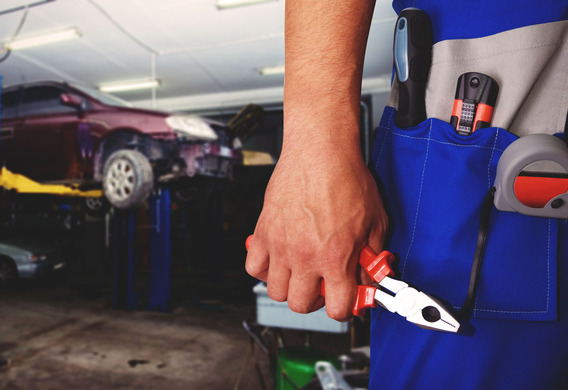
What exactly is the problem?
Sale of cars for the dealer is a source of income. The repair of cars that have passed a heavy school of life in poor roads is not less profitable. But the warranty for its own account is a heavy burden that the dealer does not want to carry. Performance bonds are handled by employees who need to pay their salaries "out of their pocket".
The head of the dealer centre is not against reducing the burden on his budget. They are well able to do so-legal departments, the completeness of information and the position of the mediator between the manufacturer and the buyer. The buyer has to enter the battle alone, at best, in the company of a lawyer.
The concept of raising the profit of the manufacturer through the sale of parts to cars and services offered Henry Ford
The reduction of interservice intervals is a popular way to reduce costs and increase profits by means of cash flow from customers. The loophole, and very broad, has long been found: in the country a difficult climate, bad fuel and mediocal (and places and loathsome) roads. These three factors are sufficient to declare the conditions of operation for heavy and reduced interservice intervals.
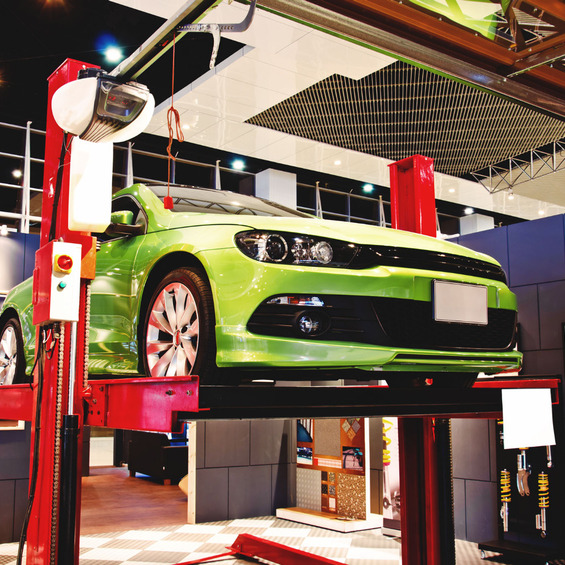
Consequently, the buyer from Russia and other CIS countries has a financial burden as compared to the European. It is only to impose a severe restriction on the violation of the operating rules, which was done years ago. Theory interval over service interval
Theory interval over service interval
The theory is simple. Exceeding the interservice interval does not even entail a mandatory denial of the guarantee. Buyers of new foreign cars in the mass of their people are smart and untimid. Therefore, in order to remove the car from the guarantee, you must first establish a causal link between the over-service interval and the resulting defect.
Vauxhall, a subsidiary of General Motors in England, offers the buyers of their vehicles a lifetime warranty subject to an annual compulsory inspection
This is what the dealer center is doing, selling the Opel cars.
One of the terms of the guarantee contract reads: " Obligations under the guarantee are limited to the free repair of new vehicles from a partner of the firm of Oreel ... ... ... the right to guarantee service shall also be lost if one of the following conditions is the cause of the defect:
(n) OREs ' instructions concerning ... service and maintenance of the vehicle were violated ... and especially if the prescribed service-record checks were not performed, or they were performed in excess of the service interval. "
What does the dealer know about the interservice interval?
You'd think it was easy. However, questions arise at the stage of reading the treaty. The Operator's Guide and Service Record do not specify a valid exceedance limit, and a situation when you need to go to the field, but you can't do it, because there is a long trip, you get close together. If you decide which mileage is acceptable and re-check the information by calling three or four dealer centers, you will likely hear from 500 to 1,500 kilometers. What's the deal? The problem is that dealers have high staff turnover, and managers often do not know the exact answer to this question. The guarantee manager knows for sure that it is his job to mark the exceedance.
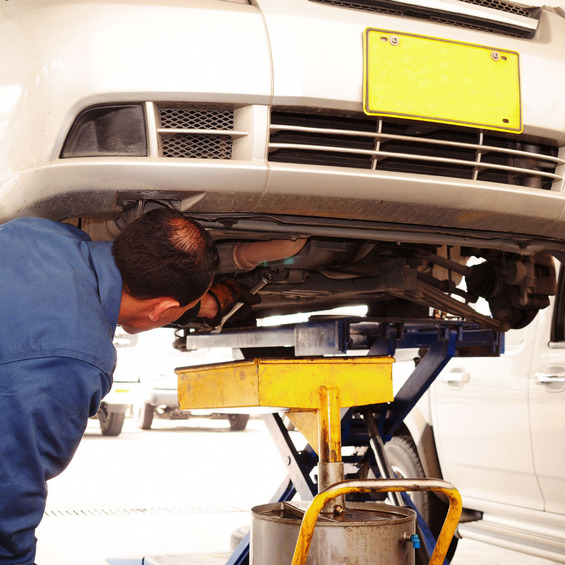
How do you figure out if you're going to the limit or not? A particularly meticulated buyer, when evidence of incompetence, was used to contact the manufacturer's representative. In one of the answers of Volkswagen Group Rus, Volkswagen Group explained, the following explanation for the allowable mileage for Škoda cars. "The length of the interservice interval not exceeding 1500 km or the interservice time interval is not more than 30 calendar days." What is the risk of exceeding the interservice interval for your car?
What is the risk of exceeding the interservice interval for your car?
We'll make a little technical retreat to make it clear that a violation of maintenance regulations is not only a weapon against you in the hands of a dealer. The manufacturer shall set intervals based on experiments. For example, it was found that the motor oil that has been used for too long loses its lubricating oil. When exactly this happens, no one is known (too many marks of oil). One thing is clear: if it is not changed for too long, it can cause damage to the engine in the form of sediment and sediment. What will be the result is clear: the wear and tear of the pipe parts (shaft, caps, piston rings, etc.) will begin to wear off. The untimely replacement of other consumable costs (e.g. air filter) may have similar consequences for the engine.
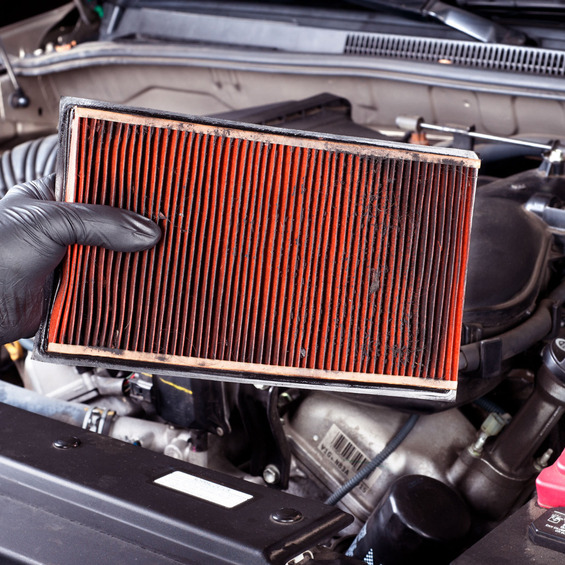
Exceeding interservice intervals and contacts with the dealer
Before deciding to break the conditions, one important thing must be understood: the dealer will not fail to use your laziness and greed against you. If you put yourself "outside the law" of the dealer, that is, in flagrant violation of the limit of the mileage between the UTO, you run the risk of running into practice with its bureaucratic mechanism.
We will take the court ruling against the owner of the Hyundai car who decided to sue the dealer after breaking the engine against any logic. At the time the failure was detected, the excess interval was almost a year.

During the regular maintenance, it became clear that the car was not used enough, so the violation of the period of passing of the car did not occur on the parameter of mileage, but at the time interval. In addition, a low level of motor oil in the engine and traces of sediment on the oil filler was found.
The man who performed the wizard made a note about it in the notes to the order-along. In the future it became clear that the engine requires serious repairs. The owner of the car decided that it was an unwillingness to comply with the guarantee obligations and went to court.
If the instruction says that the car is racing up to 100 kilometers in 5 seconds, the acceleration of the consumer rights law is a drawback
The dealer provided an expert opinion from which it was necessary that the breakage resulted from the service record exceeding the interservice interval. Because of the low level of oil on the top of the cylinders, bullies need to be repaired.

In this case, the court upheld the defendant's side, i.e. a dealer, under the "Regulations for the maintenance and repair of vehicles belonging to citizens", which states that "the owner shall be fully responsible for the technical condition of the vehicles belonging to him". The work can be carried out by both the auto-service company and the owner. In this case, neither has been executed. The claim for repairs at the defendant's expense was rejected. New technologies, interservice interval, and dealer's position
New technologies, interservice interval, and dealer's position
For the last few years, many manufacturers are actively implementing systems for the computer management of all systems installed on automobiles. German concerns BMW, Volkswagen and Mercedes-Benz are particularly diligent. Unfortunately, the excellent theory of total computer control, including the frequency of service, is broken up about incompetence and reluctance to approach each customer individually.
The QG1 PR code can be marked in the service record of a Volkswagen. This means that you have an option to extend the service interval. This means that the control of the need for service is assumed by the vehicle's on-board computer. It turns out that the computer's reading can conflict with a prescribed dealer's 15 ,000-kilometer interval. The dealer's question is generally not in favour of the owner of the vehicle, warning him that "the service record contains an item that the manufacturer has the right to make changes in both the construction of the car and the text of the manual."
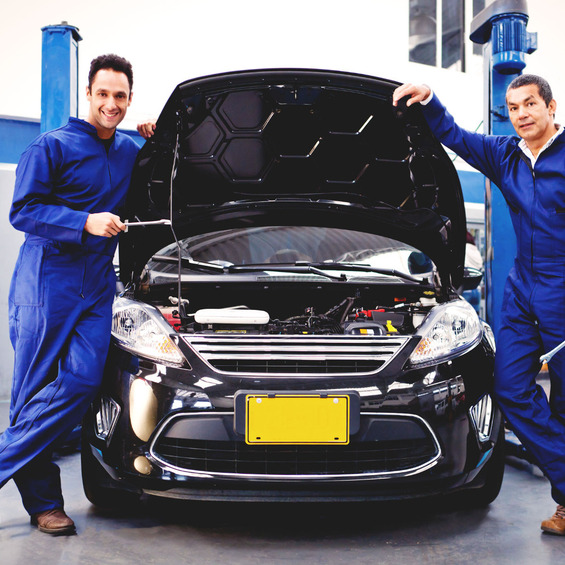
The owner of the car discovers that he is in a difficult position. On the one hand, the purpose of the option in the unfixed interservice interval, the length of which depends on the actual operating conditions, gives it the opportunity to save for maintenance. On the other hand, the dealer makes it clear that it is necessary to service a vehicle according to its rules, and the possible consequences will lie on the consumer's shoulders. In other words, to prove one's right may have to be in court, spending its time and money in the uncertain outcome of the case. Do not comply with the interservice interval or not?
Do not comply with the interservice interval or not?
It is clear from all this that the development of technology is ahead of the development of the relationship between buyer and seller. It is possible and necessary to assert their rights, but many have insufficient resources for this, first of all, free time.
What steps can the buyer take to protect itself from problems related to the interservice interval and its exceedance? It is possible that with the purchase of a car equipped with an interservice interval control system, it may be necessary to wait until the more "enlightened epoch" is launched. In addition, it is necessary to decide for yourself whether you are ready to take responsibility for limiting the warranty liability, or it is better to go to the dealer and to get through to a long journey, which may "not fit" in the established interservice interval established by the seller.







